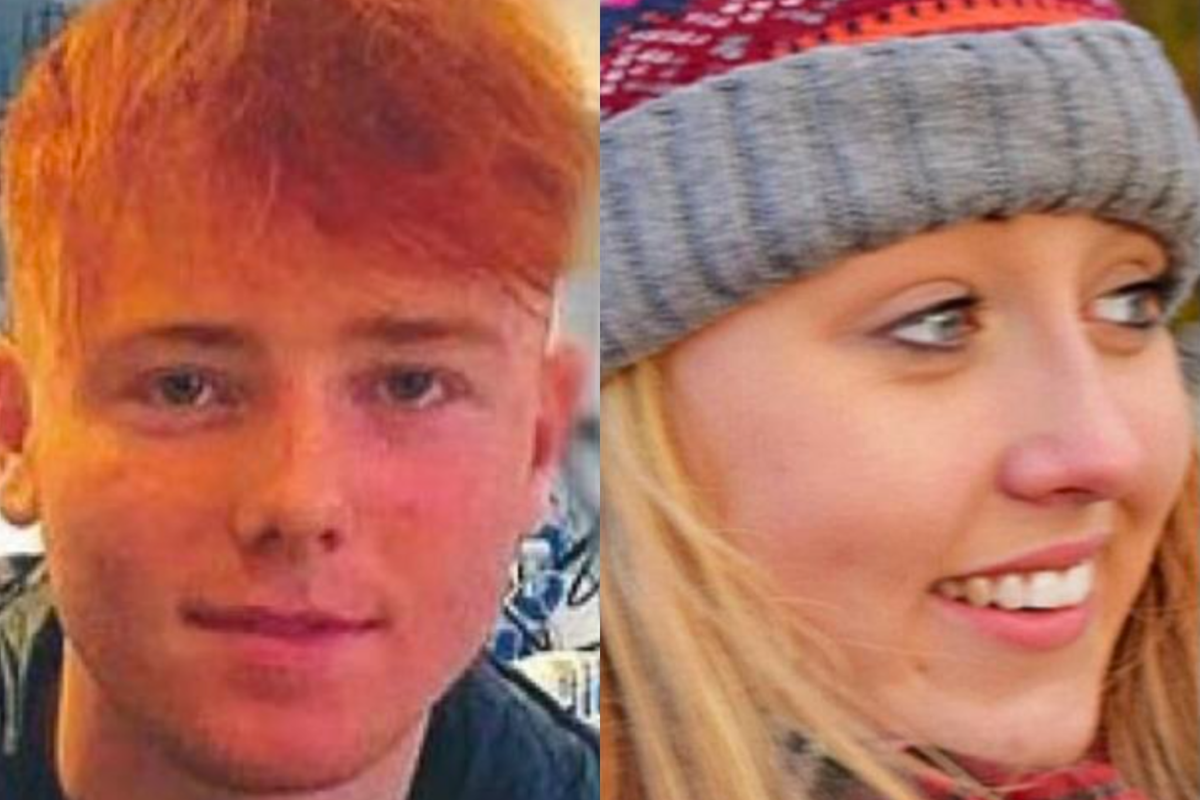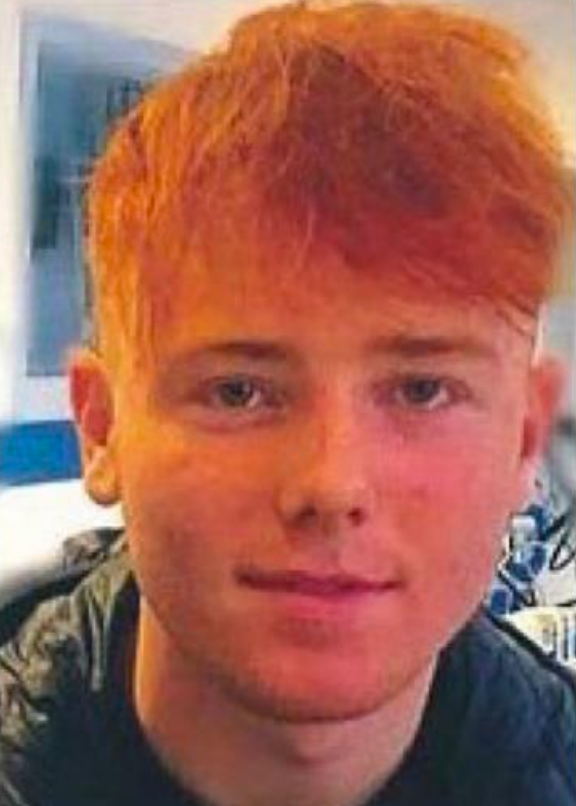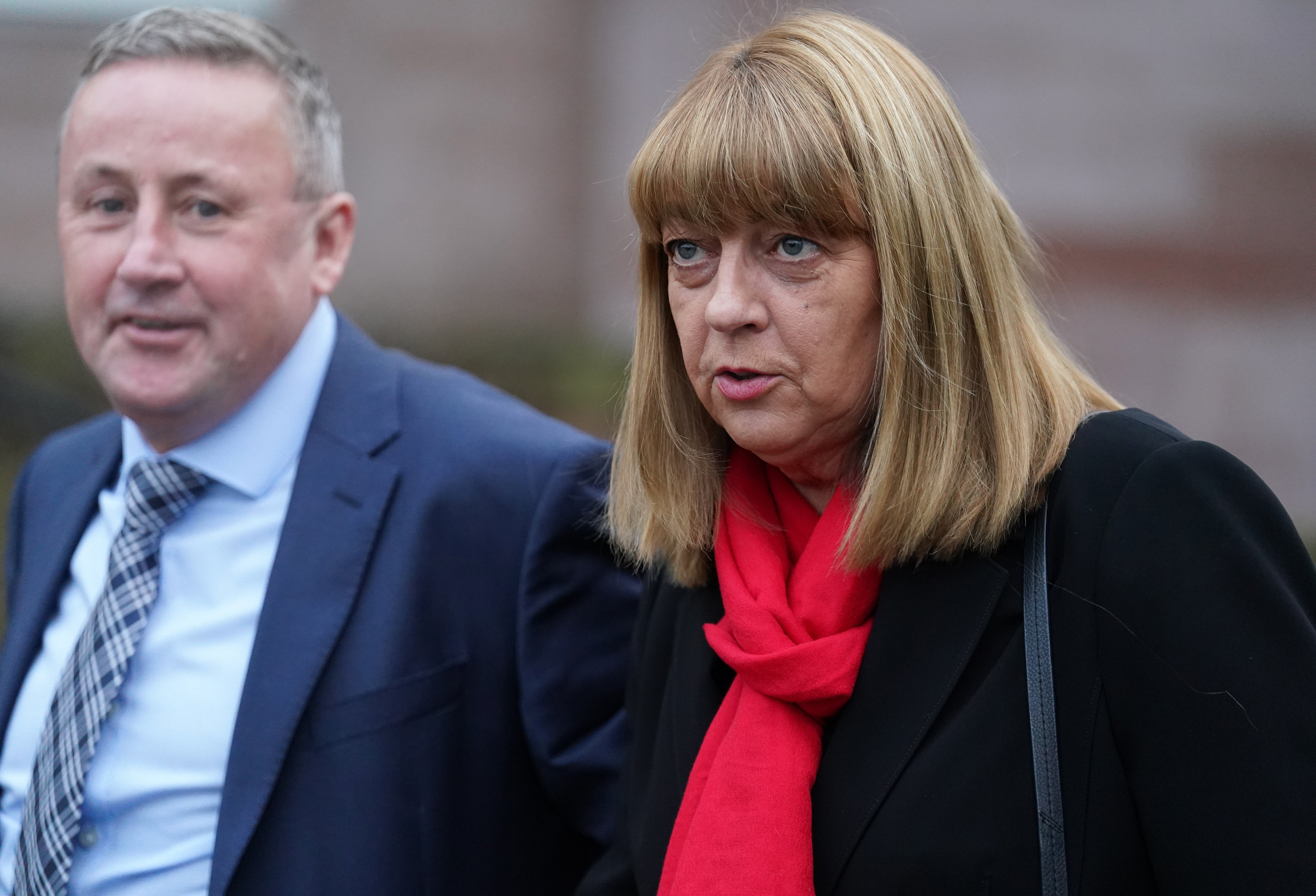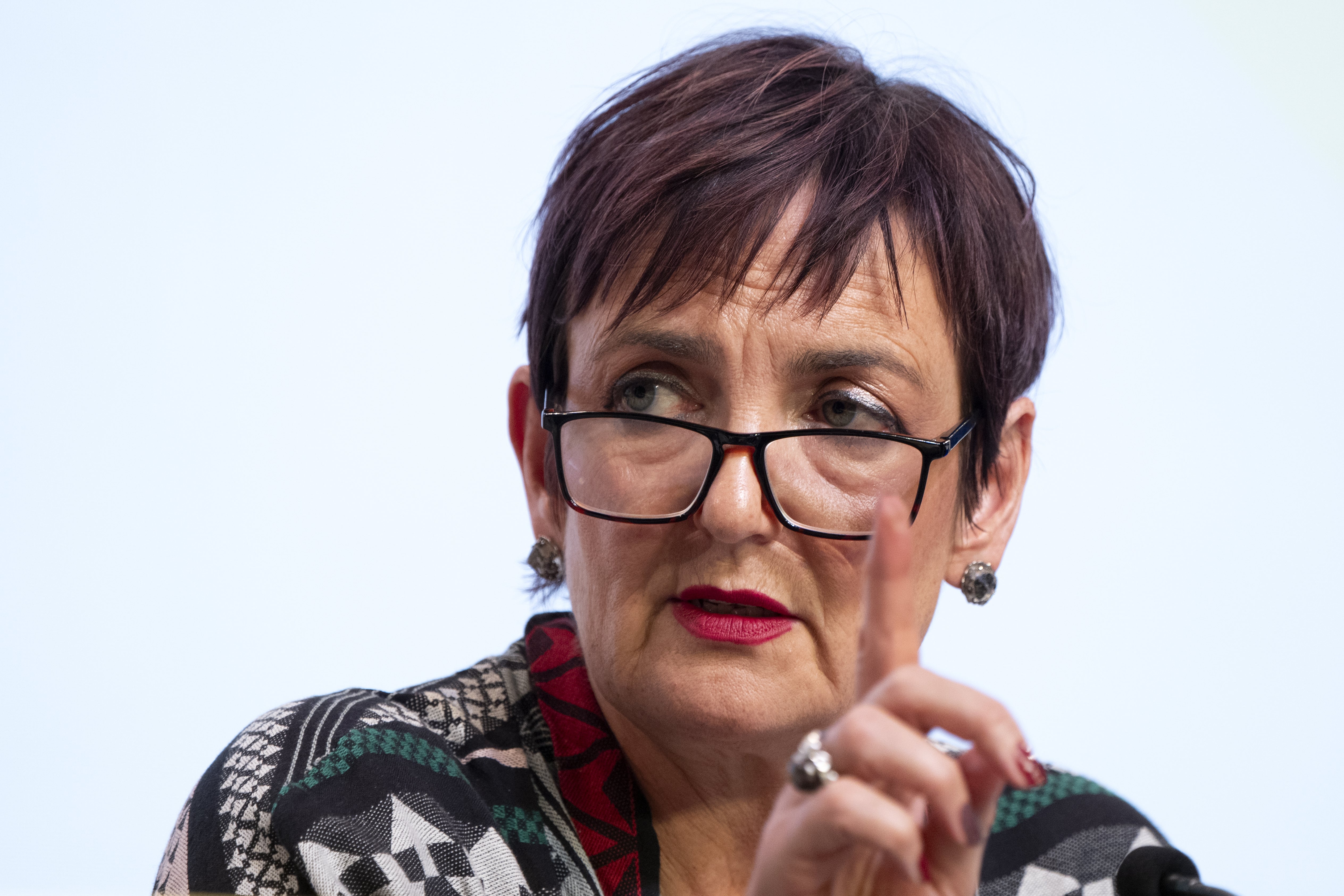
Two young people who died by suicide at Polmont were handed a “death sentence”, their family’s lawyer has said, after an inquiry found they might still be alive if not for a “catalogue of failures”.
Katie Allan, a 21-year-old Glasgow University student, and William Brown, a 16-year-old also known as William Lindsay, who had repeatedly been in care, died within months of each other while imprisoned at the young offenders institution in 2018.
Ms Allan was found dead in her cell on 4 June while serving a 16-month term for drink-driving and causing serious injury by dangerous driving. Mr Brown was found dead in his cell on 7 October, three days after being admitted as there was no space in a children’s secure unit, having walked into a police station with a knife.
A fatal accident inquiry (FAI) into their deaths was held at Falkirk Sheriff Court last year and has now concluded, with Sheriff SG Collins KC ruling in his determination on Friday that both deaths could have been avoided.
Warning of a “catalogue of individual and collective failures by prison and healthcare staff” at the facility in his 400-page ruling, Sheriff Collins made 25 recommendations which he said “might realistically prevent other deaths in similar circumstances”.

Describing the determination as “the most robust and devastating indictment on Scottish Prisons in over a century”, the families’ solicitor, Aamer Anwar, urged prime minister Sir Keir Starmer to change the law on crown immunity, which prevents the prosecution of prisons.
Accusing the prison service, health officials and Holyrood ministers of being “complicit in the deaths that continue to take place”, Mr Anwar said: “We do not have a death sentence in this country, but for Katie and William, that is what you served on them.”
Mr Anwar claimed that over six years, public servants “denied the truth”, “lied and conducted a whitewash” and “gaslighted the families”. He alleged that some of those involved “should be facing criminal prosecution”.
Katie’s mother, Linda Allan, described what happened as a “complete systemic failure among the prison service” She said: “Katie was brutalised in Polmont, so much so that she lost all hope and saw only one solution – her death.”
William’s brother, John Reilly, said he blamed “everyone who came into contact with William” for his sibling’s death.

One of the main concerns raised by Sheriff Collins was the effectiveness of the Talk To Me (TTM) suicide prevention strategy, through which at-risk prisoners are subjected to increased observation and checks.
While Ms Allan had not been considered a “risk” when she was admitted to Polmont and was therefore not placed on TTM, the sheriff said there had been a “systemic failure” by prison staff to complete forms during her incarceration that could have triggered the TTM process.
He pointed to a number of incidents recorded by prison staff that should have been red flags, including the fact Ms Allan was being bullied by other prisoners, distress caused by hair loss resulting from alopecia, her distress at being strip-searched, and the failure of her appeal against her conviction.
Her weight also dropped from 65kg to 58kg during her 12 weeks at the facility, which Sheriff Collins said should have been a “cause for concern” by staff.
Mr Brown was placed on TTM on admission to Polmont only to be removed from it the next morning, despite presenting as a “very high risk” individual. He was also not placed back on TTM when “further information” about his level of risk was provided to prison staff by a social worker later that day.
Sheriff Collins said: “Had Katie been put on TTM on the night of June 3-4, 2018, and had William not been removed from it prior to the night of October 6-7, 2018, there was a realistic possibility that their deaths might have been avoided.”
The sheriff also criticised the “defective” systems for sharing information between the Scottish Prison Service (SPS) and other bodies, including courts and external agencies, about prisoner risk, and found issues with the way risk assessment information was recorded on prison systems.
This meant, he said: “There was no single, readily accessible source of all the information relevant to Katie’s risk of suicide which was available to SPS staff in Polmont.”

The deaths could have been prevented if “reasonable precautions” had been taken around the safety of cells, including the carrying out of regular checks to identify potential risks, which he said would “restrict” the level of risk to inmate safety, “whether or not they are subject to TTM”.
Concluding his report, Sheriff Collins said: “In common with all the participants in the inquiry, I offer my condolences to the families of Katie and William.
“I would wish to particularly acknowledge the contributions of Linda and Stuart Allan, at least one of whom attended every day of the inquiry, and whose dignity and courage were evident throughout.”
An SPS spokesperson said: “Our thoughts remain with the families of Katie Allan and William Lindsay and we would like to take this opportunity to offer our sincere condolences and apologies for the failures identified in this report.
“We are committed to doing everything we can to support people and keep them safe during the most challenging and vulnerable periods of their lives.
“We are grateful to Sheriff Collins for his recommendations, which we will now carefully consider before responding further.”

Scotland’s justice secretary Angela Constance said: “My deepest sympathies and condolences are with the families of Katie Allan and William Lindsay, who have lost a child and sibling.
“I am deeply sorry about their deaths and that their families have had to wait so long for the conclusion of this process. I fully appreciate that this has been an arduous process and will have compounded the trauma and distress of the families.
“Deaths from suicide in custody are as tragic as they are preventable, and the deaths of these two young people should not have happened whilst they were in the care of the state.”
The sheriff’s report noted that more than 100 prisoners in Scottish prisons have died by suicide since 2011, including 10 young prisoners at Polmont.
Most were not subject to suicide prevention measures at the time, although many previously had been, according to the report, which pointed to evidence suggesting that the rate of suicide by prisoners in Scotland may be one of the highest in Europe – and may be increasing – although the data is incomplete.
Scotland’s solicitor general, Ruth Charteris KC, said: “I would again wish to acknowledge the deep anguish that the deaths of Katie and William have brought to their families and appreciate that the wait for these proceedings has been too long.
“Since their deaths, the Crown Office and Procurator Fiscal Service has introduced reforms designed to reduce the time it takes to investigate deaths, improve the quality of such investigations, and improve communication with bereaved families.
“As part of these reforms, a specialist custody deaths investigation team has been set up to focus on cases such as those of Katie and William.
“There is much more that can be done across the whole of the justice system to improve how deaths in custody are investigated, and the Crown is committed to contributing to that.”
If you are experiencing feelings of distress, or are struggling to cope, you can speak to the Samaritans, in confidence, on 116 123 (UK and ROI), email jo@samaritans.org, or visit the Samaritans website to find details of your nearest branch. If you are based in the USA, and you or someone you know needs mental health assistance right now, call or text 988, or visit 988lifeline.org to access online chat from the 988 Suicide and Crisis Lifeline. This is a free, confidential crisis hotline that is available to everyone 24 hours a day, seven days a week.
If you are in another country, you can go to www.befrienders.org to find a helpline near you.







